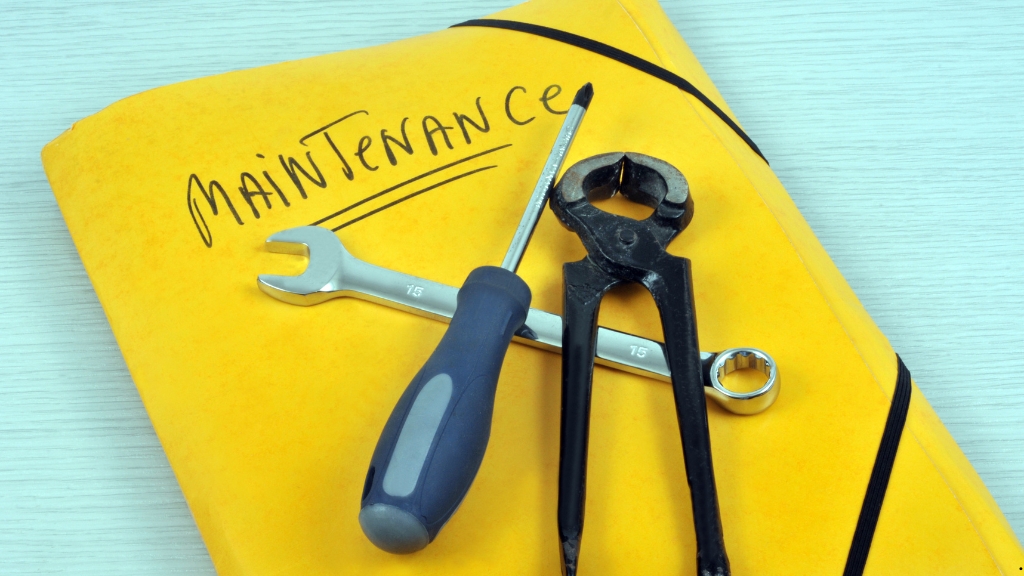
Top 10 Maintenance Tips to Keep Your Car Running Like New for Optimal Performance
by Elton Jordan
Keeping your car in top shape doesn’t have to be a daunting task. With a few simple maintenance tips, you can ensure your vehicle runs smoothly and efficiently for years to come. I’ve learned that regular upkeep not only enhances performance but also saves you money in the long run.
Overview of Car Maintenance
Car maintenance plays a crucial role in ensuring optimal performance and longevity of a vehicle. Regular upkeep prevents minor issues from evolving into costly repairs. Simple tasks protect the car's value and enhance driving safety.
A maintenance schedule provides a roadmap for care. This schedule may include oil changes, tire rotations, brake inspections, and fluid checks. Following the manufacturer’s recommendations helps keep a car running efficiently.
Monitoring tire pressure and tread depth regularly improves fuel efficiency and safety. Healthy tires contribute to better handling and stability on the road.
Checking fluid levels, including engine oil, coolant, and brake fluid, ensures the vehicle operates smoothly. Low fluid levels can lead to serious engine problems and decreased performance.
Cleaning the car's exterior and interior protects against rust and wear. Regular washes and waxes maintain the finish, while interior vacuuming enhances comfort and aesthetics.
Addressing warning lights promptly prevents larger problems. Ignoring these signals can lead to more severe damage and increased repair costs.
Performing inspections on belts and hoses avoids breakdowns. Frayed belts or cracked hoses can cause engine failures if left unattended.
Incorporating these maintenance practices keeps your car reliable and fosters a safe driving experience.
Essential Maintenance Tips
Regular maintenance ensures my car performs optimally and lasts longer. Effective upkeep involves specific tasks that keep everything in check.
Check Your Oil
Checking oil levels regularly is crucial for engine health. I check the oil every 3,000 to 5,000 miles or as per manufacturer guidelines. Changing oil and oil filters maintains engine performance, reducing wear and tear. Fresh oil keeps internal components lubricated, promoting efficiency.
Maintain Tire Pressure
Maintaining correct tire pressure enhances safety and fuel efficiency. I inspect tire pressure monthly, keeping it at manufacturer's recommended levels. Under-inflated tires reduce mileage and increase wear, while over-inflated tires may lead to blowouts. Monitoring tread depth also ensures improved traction and handling.
Replace Air Filters
Replacing air filters optimizes engine efficiency and performance. I check the engine air filter every 15,000 to 30,000 miles. A clean filter allows for better airflow, improves fuel efficiency, and enhances acceleration. Cabin air filters should also be replaced regularly to maintain a clean environment inside the car.
Inspect Brake Pads
Inspecting brake pads safeguards safety and driving experience. I assess brake pads for wear every 10,000 miles or whenever I notice changes in braking performance. Replacing worn pads prevents brake failure and extends the life of brake rotors. Proper brake maintenance ensures reliable stopping power, crucial for safe driving.
Seasonal Maintenance Considerations
Seasonal changes impact vehicle performance. Proper maintenance ensures optimal operation through winter and summer.
Winter Prep Tips
Battery Check: Cold weather strains batteries. I check the battery health and clean the terminals to prevent issues in freezing temperatures.
Tire Inspection: I inspect tires for wear and correct pressure. Ideally, winter tires offer better traction on snow and ice.
Fluid Levels: I top off antifreeze and windshield washer fluid to ensure reliable operation and visibility in harsh conditions.
Wiper Blades: I replace wiper blades to maintain clear visibility. Winter-specific blades resist ice buildup.
Heating System: I test the heating and defrost systems, ensuring comfort and visibility during cold months.
Summer Care Strategies
Cooling System Check: I examine the radiator and hoses for leaks. Maintaining coolant levels helps prevent overheating.
Air Conditioning Service: I inspect the AC system to ensure it operates efficiently, enhancing comfort during hot months.
Tire Pressure Monitoring: I check tire pressure regularly, as heat causes air to expand. Maintaining correct levels improves safety and fuel efficiency.
Dust and Debris Removal: I clean the engine bay and air filter, preventing debris from affecting performance.
Battery Maintenance: High summer temperatures impact battery life. I ensure it's securely mounted and tested to avoid starting issues.
Professional Services to Consider
Utilizing professional services ensures comprehensive care for your vehicle. Regularly scheduled maintenance helps maintain performance and extends lifespan.
Regular Tune-Ups
Regular tune-ups enhance engine efficiency and reliability. Mechanics typically recommend a tune-up every 10,000 to 15,000 miles or as specified in the owner’s manual. During a tune-up, the technician checks critical components including spark plugs, ignition systems, and fuel filters.
I prioritize this service, as it allows the mechanic to identify and address potential issues before they escalate. Additionally, tune-ups can optimize fuel efficiency, potentially saving money on gas and improving overall performance.
When to Visit a Mechanic
I visit a mechanic if I notice any signs of trouble. Symptoms include unusual noises, warning lights, or changes in how the vehicle drives. Specific indicators warrant an immediate visit:
Fluid leaks: Check for spots under the vehicle, signaling leaks of oil, coolant, or transmission fluid.
Performance issues: Difficulty in starting, acceleration problems, or stalling necessitates a mechanic's evaluation.
Brake problems: Squeaking, grinding, or reduced responsiveness indicates brake system issues.
Tire wear: Irregular tread wear or frequent tire pressure drops should lead to a professional inspection.
Timely visits to a mechanic can prevent costly repairs and ensure a safe driving experience.
Conclusion
Maintaining your car doesn’t have to be a daunting task. By following these simple tips and establishing a routine, you can keep your vehicle running smoothly and efficiently. Regular maintenance not only enhances performance but also saves you money in the long run by preventing costly repairs.
Whether it’s checking oil levels or ensuring your tires are in top shape, every little effort counts. Remember to stay proactive about seasonal needs and don’t hesitate to seek professional help when necessary. With a little attention and care, you can enjoy a reliable and safe driving experience for years to come.
